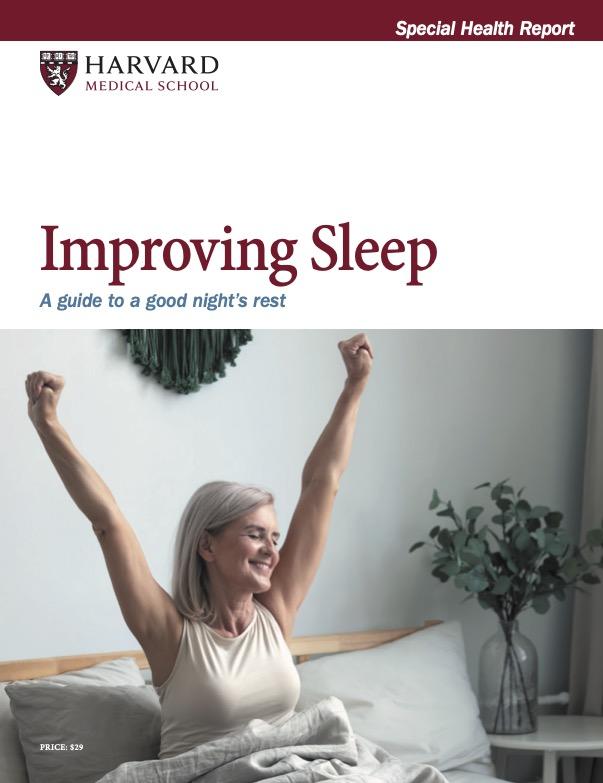Going to sleep late at night associated with obesity, big bellies
News briefs

Night owls: You might want to rethink your bedtime if you’re concerned about belly fat and the health risks it carries. A large international study of middle-aged and older adults suggests that going to sleep late is associated with obesity and big bellies. The study, published online June 1, 2021, by JAMA Network Open, included almost 137,000 people of varying income levels from 26 countries. Participants answered questions about their sleep behaviors, with about 14% saying they went to sleep at midnight or later. Compared with a bedtime between 8 p.m. and 10 p.m., a later bedtime was associated with a 20% greater risk of being obese (a body mass index of 30 or higher) or having a large waistline (35 or more inches for women, 40 or more for men). The risk was even higher (35% to 38%) among people who went to bed between 2 a.m. and 6 a.m. Long daytime naps were also tied to an increased risk for belly fat, especially among women. Going to bed earlier (before 8 p.m.) was not associated with obesity. The study was observational and doesn’t prove that going to sleep late will cause weight gain. But it’s reasonable that it could: the researchers speculated that delaying bedtime can throw off your circadian rhythm (sleep-wake cycle), which increases levels of the stress hormone cortisol and may play a part in abdominal obesity.
Image: © monkeybusinessimages/Getty ImagesAbout the Author

Heidi Godman, Managing Director
Disclaimer:
As a service to our readers, Harvard Health Publishing provides access to our library of archived content. Please note the date of last review or update on all articles.
No content on this site, regardless of date, should ever be used as a substitute for direct medical advice from your doctor or other qualified clinician.
















